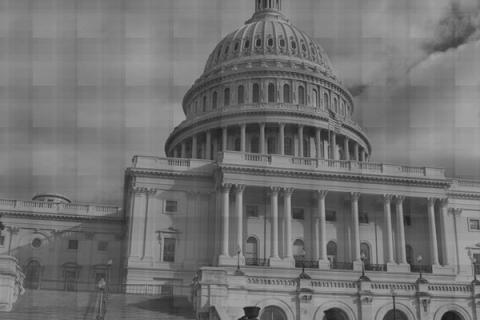Since the launch of the Operation Pillar of Defense on Wednesday, the conflict between Hamas and Israel in Gaza has been escalating.
For the first time since 1991, Tel Aviv was within range of rocket fire from Gaza. By Thursday night, Defense Minister Ehud Barak authorized the recall of up to 30,000 army reservists.
Israel intensified its air strikes during the night of Thursday to Friday and into the weekend, striking a estimated 150 rocket launching sites, raising the number of air strikes since the launch Operation Pillar of Defense to more than 450. Hamas shot two long range rockets to Jerusalem, reaching its outskirt for the first time in 40 years on Friday afternoon.
A short truce was accorded by Israel on Friday morning during Egyptian Prime Minister Hesham Kandil's visit of Gaza. He met with the Hamas Prime Minister Ismail Haniyeh and visited injured civilians in a Gaza hospital. But the cease-fire quickly came to an end when more rockets were fired from the coastal territory to which Israel answered with renewed air strikes.
Egypt, which has long played the mediator between Israel and Palestinian authorities in Gaza has been trying to find its position in the last few days. Egyptian President Morsi has been in the delicate situation, in limbo between supporting Hamas, the Palestinian offshoot of the Egyptian Brotherhood, the organisation that brought him to power, and maintaining a long-standing peace treaty with Israel. He has clearly signified his discontent with the Israeli in a declaration on Thurday, “The Egyptian people, the Egyptian leadership, Egyptian government and all of Egypt is standing with all its resources to stop this assault, to prevent the killing and bloodshed of the Palestinians.”
Mr. Morsi also called the Egyptian Ambassador back from Tel Aviv, sent the prime minister to Gaza, and open Egyptian's border and hospitals to injured Gaza residents. However, despite the growing popular anger within Egypt, he has not provided military support to Hamas. Mr. Morsi has preferred a more diplomatic stance and called the United States, the United Nations, the European Union and the Arab League to stop the violence.
The International Community has been repeatedly calling for immediate deescalation and shared its concern for the increase number of victims, 91 Palestinians and 3 Israelis so far. However, Washington and London have repeated their support to Israel's right to self defense. UN Secretary Ban-Ki Moon should arrive in the region sometime this week.
This morning Israel said it would prefer a diplomatic resolution to the situation, but showed no signs of backing down military pursuits.

